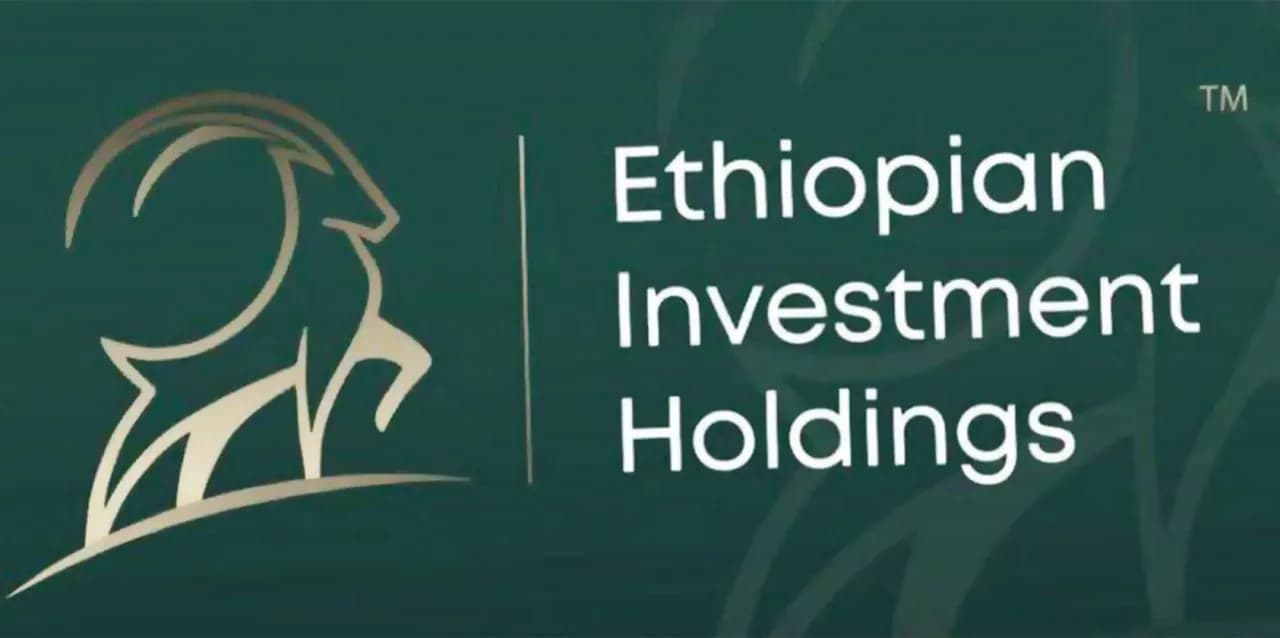Progress for 0 ad
Progress for 1 ad
Progress for 2 ad
Progress for 3 ad


Team Shega
Addis Ababa, Ethiopia

Ethiopia Investment Holdings, the sovereign wealth fund created to manage the country’s state-owned enterprises, said on Wednesday that 40 companies in its portfolio generated 2.05 trillion Birr in revenue in the 2024–25 fiscal year and yielded a net profit before tax of 262.7 billion birr, an 88% increase from the year before. The results, the fund said, reflected broad gains across transport, banking, telecom, and power, and signaled what officials framed as a turning point for firms that have long dragged on public finances.
The bulk of the profits came from transport and logistics, which accounted for 66.8% of the total, with financial services contributing 14.95% and power and telecommunications 10.08%. Among subsidiaries cited by the holding company, Ethio Telecom, which last week announced plans to expand beyond Ethiopia’s borders, reported a 7% rise in voice subscribers and a 15% increase in internet users while the Commercial Bank of Ethiopia reported a 310% jump in deposits and a 104% rise in private-sector lending; Ethiopian Airlines posted 11% passenger growth; Ethiopian Electric Power delivered 18.2% more electricity in gigawatt-hours; and Wonji Sugar Factory boosted output by 113%.
In a statement accompanying the figures, EIH’s board said it had evaluated each company against measures of operational growth, financial strength, corporate governance, leadership capacity and social impact. Those assessments, it said, informed strategic priorities for the next fiscal year, including investments in product quality, digital modernization, human capital and “stronger accountability systems.” The fund announced ambitious targets for 2025–26: a jump to 2.75 trillion birr in revenue and 412 billion birr in pre-tax profit, goals that EIH said would require new financing models and closer collaboration with private and public stakeholders.
The performance marks a notable chapter in Ethiopia’s long and sometimes fraught relationship with state enterprises. EIH was established in 2021 under a proclamation intended to streamline and professionalize the management of public companies that, for decades, were central to the country’s developmental model. At its founding, the fund took control of some 28 enterprises with an initial capital of roughly 100 billion birr; it now oversees roughly 40 firms and $45 billion in Assets. Its founding chief executive, Mamo Mihretu, later became governor of the National Bank of Ethiopia.
Ethiopia’s state enterprise sector has been reshaped repeatedly over the last half-century. Many of the institutions now under EIH trace their origins to nationalizations in the 1970s and to the extensive public-sector footprint that followed. Subsequent governments pursued waves of partial privatization, and in recent years, Prime Minister Abiy Ahmed (PhD)’s administration has sought to accelerate reforms that would make state companies more commercially viable while also attracting private investment. Those efforts have been complicated by an entanglement of public banks and state enterprises, a system EIH has been asked in part to reform under current CEO Brook Taye (PhD).
The fund’s strong year will be read through competing economic prisms that point to growing revenues as evidence that professional management and tighter oversight can redeem state assets. In contrast, the risk is that a handful of high-performing companies, notably in transport and banking, could be masking structural risks, including exposure to debt, governance shortfalls, and the perennial challenge of translating profitability into broader economic benefits.
However, the Fund’s stated plans to pursue diverse financing, including modernization investments and possible private partnerships, will test Ethiopia’s ability to attract capital without ceding strategic control over essential services. EIH, just last week, signed a $2.5 billion contract with Dangote for a fertilizer plant.
For the government, EIH’s performance extends beyond corporate balance sheets. State-owned enterprises account for a large share of formal credit and public employment, their performance feeds directly into the national budget and the political calculus of reform. EIH’s ambitious targets for the coming year thus double as a test of the broader economic agenda: can reforms and fresh financing convert improved accounts into sustainable, economy-wide gains?
EIH acknowledged as much in its statement, thanking boards, management teams, and staff for contributing to what it described as “a transformative year.” But it also cautioned that meeting next year’s goals would require closing policy and performance gaps and building stronger accountability.
For now, the revenue surge offers a rare piece of good fiscal news for a country juggling ambitious infrastructure programs, mounting public expectations, and an unfinished agenda of economic reform.
👏
😂
❤️
😲
😠

Team Shega
Your Email Address Will Not Be Published. Required Fields Are Marked *